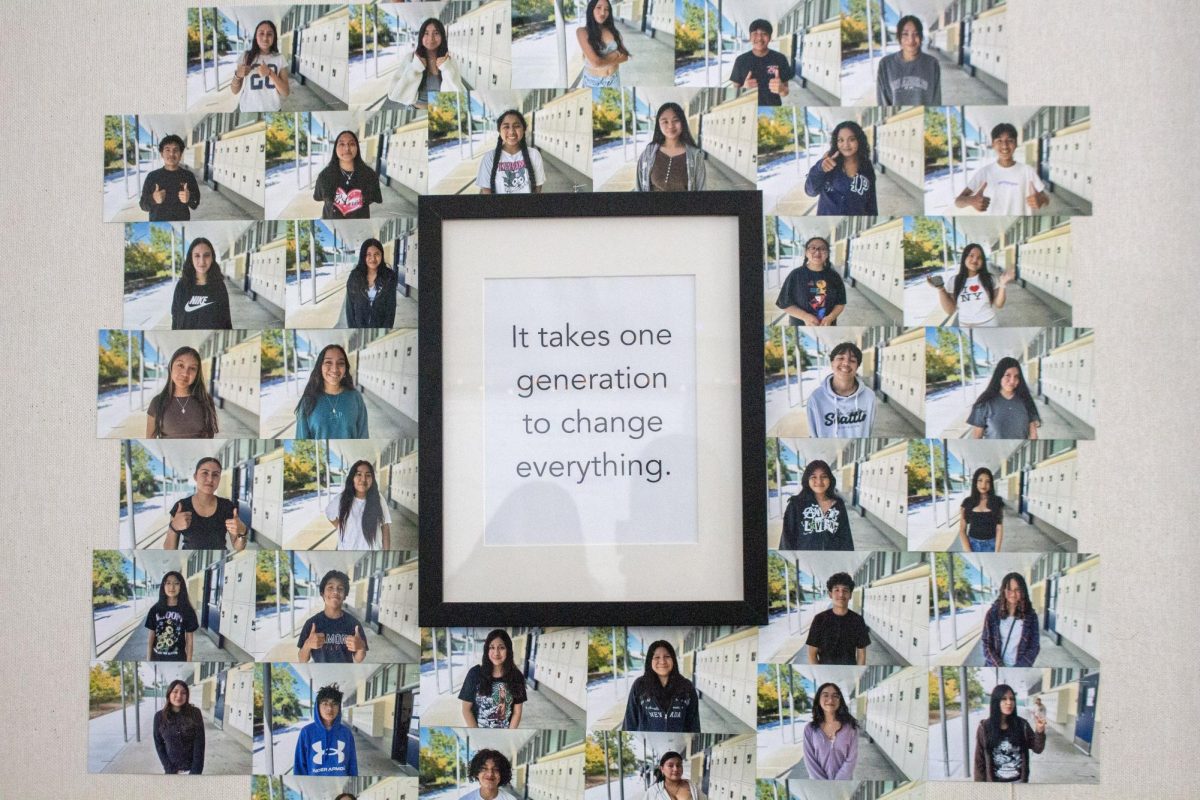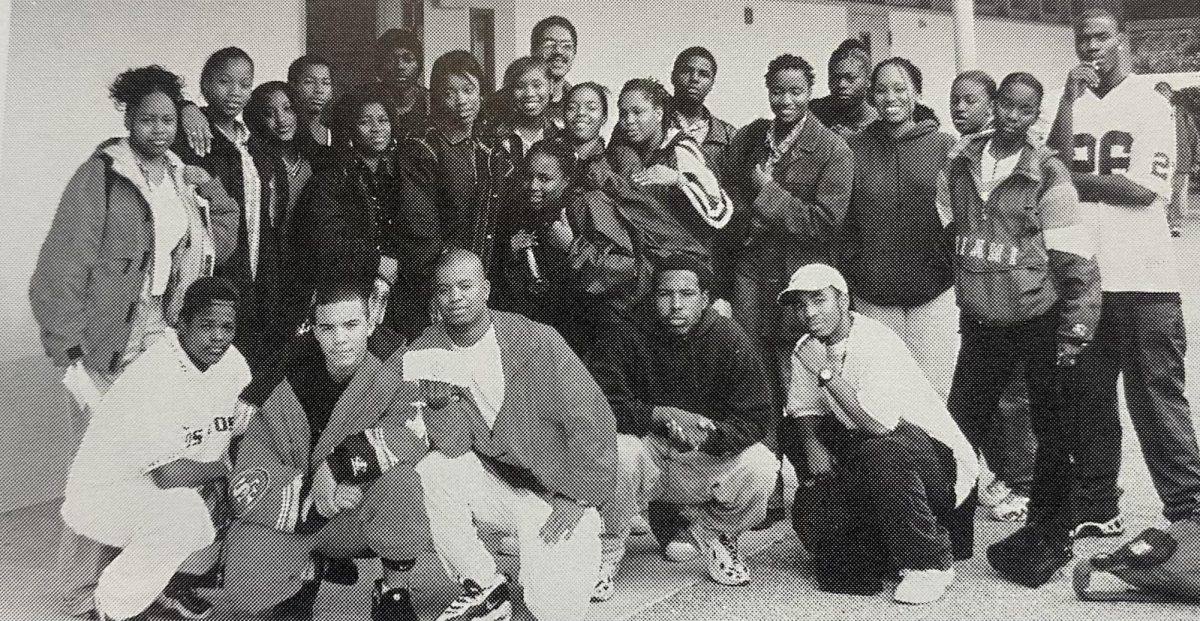[dropcap]F[/dropcap]or as long as he could remember, sophomore Sean Adibi has held his cultural heritage first and foremost in his life. Being a first-generation American from Iran, his primary interests, both social and academic, have merged with his passion regarding his Iranian roots and have led him to continuously build knowledge on the matter. Sean, whose parents moved to the United States to escape the Iranian Revolution in the 1960s, were both born in Iran, and he and his brother have been the first in their family to be born in the United States.
While many students express pride in their first-generation status, Sean makes a conscious effort to devote time and energy toward the preservation of his culture.
“I’m constantly trying to practice my Farsi,” Sean said. “I feel like speaking Farsi is so much more important to me than a lot of things.”
Sean’s enthusiasm about his Iranian background has transcended through to an immense bounty of knowledge on the world in its entirety, geographic skill and ability to identify historic events with ease and expertise. In his World Literature Honors class, in fact, he has dedicated each and every informational assignment to the study of cultural persecution and disintegration. His lens into the Iranian world has lent him a keen ability to understand other cultures and find true curiosity as to what goes on in the world around him, leading to his adept enthusiasm in subjects like geography, history and politics. His ability to compare and contrast the Iranian culture and the American cultures has caused him to consider the often confusing paradox of being a first-generation American who values his heritage.
“American culture and Iranian culture are very, very different,” Sean said. “Often, I really want to identify with my Iranian culture more so than my American culture because I am always surrounded by it… It’s hard for me because I don’t understand a lot of American cultural things, but at the same time I don’t understand Iranian pleasantries known as ‘tarof’ because it involves a lot of trying to please someone more than yourself even if you don’t mean it.”
“Tarof,” an Iranian cultural concept, is similar to a form of etiquette in which people aim to please their counterparts. It is a type of deference singular to the Iranian culture, similar to the American idea of fighting over the bill at a restaurant, but it is used more commonly and in more situations.
“[With tarof], pleasing someone is the most important thing,” Sean said. “[It] often brings you into uncomfortable situations.”
However, his continual effort to integrate himself into both cultures can cause uncertainty in his identity.
“I am kind of between the two [cultures], and I feel like I am not fully culturally integrated with the Americans or Iranians,” Sean said. “So I am kind of floating in between.”
Sean, who prides himself on his knowledge of Iranian history and is an avid member and secretary of the Los Altos High School Persian Club, often feels as if being American and Iranian, while a virtue that he appreciates, also contributes to the fact that he is not fully adapted to either culture. The feeling of being an both an insider and an outsider in two different homelands can often make things complicated.
“If I go to Iran, for example, everyone knows I’m American,” Sean said. “They’re like ‘Oh, you’re the American kid!’ But here, it is like ‘Oh, you’re the Persian kid.’”
While he retains the confidence in himself and in his diverse culture to never lose faith in who he is, even Sean feels as if he is the subject of racially insensitive comments from friends who do not understand his religion and stereotype him blatantly without realizing it. Much of the time, Sean believes there is no harmful intent behind these words, but they can still sting and feel charged with ignorance and unkindness. Because the Middle East is constantly caught up in media attention for violence, extremism and war, Sean feels that there is a lack of understanding regarding the region. While Sean himself does not feel that he is a very religious person, he still feels that the absence of respect toward the religion is bothersome.
“It kind of makes me upset, because whenever people ask ‘Sean what religion are you?’ and I say, ‘Well, I’m a Muslim, technically,’” Sean said. “And then they are like ‘Really? Oh my god! That’s so crazy! Don’t they not let their women go on the streets?’”
These words can often weigh heavily on any first-generation American, especially high school students who are just coming into their own and realizing who they are. However, these statements do not seem to stop Sean, who only continues in his pursuit to strengthen his cultural identity and feel more in tune with his Iranian character.
“I feel like if there were [more] Iranians around here, I would be so connected to the Iranian culture,” Sean said. “I would probably levitate toward them. I feel like I would want my kids to know Farsi.”
Sean admits that while the influence around him will cause resistance, his resolve to bring awareness to cultural diversity is not one that he will ever leave broken.
“As a first-generation American, I feel that it’s always important to have a balance of both cultures, and it’s important that I don’t forget and always remember my roots,” Sean said. “[It’s important to] keep a strong footing onto my parents’ culture and the way that my parents have grown up. Being first-generation means having the ability to represent both cultures, both the American and Iranian culture.”







